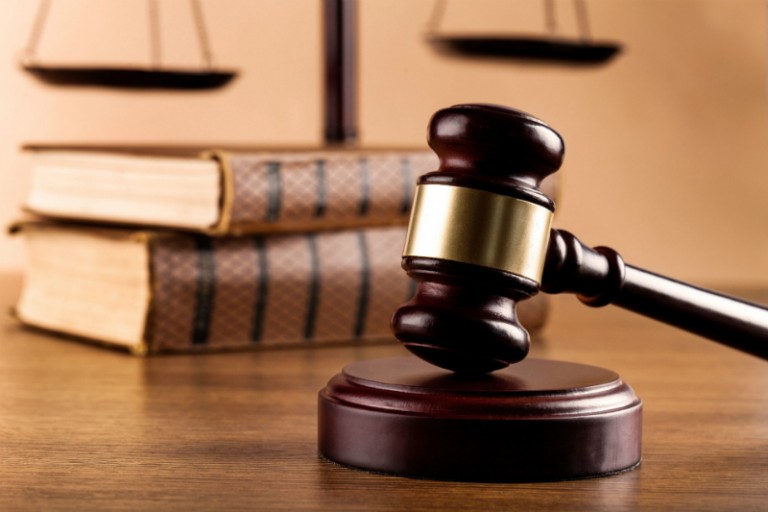When your debt has become overwhelming and you are unable to meet your monthly payments, it can feel like there aren’t any solutions. With collections agencies calling and bills that continue to pile up, you may not see any end in sight. However, there’s no need to despair if you find yourself in this situation. Filing for Chapter 7 bankruptcy in Pennsylvania is a way to make a fresh financial start. The Law Offices of David M. Offen can help you understand if you need a bankruptcy lawyer to help you with this sometimes complicated and difficult process. Filing for bankruptcy can ultimately free you from heavy debt burdens and allow you to rebuild your credit. Once you are clear on a few key points, such as the difference between Chapter 7 and Chapter 13 and the procedure for moving forward with a filing, you’ll be ready to begin your financial future.
Chapter 7 Versus Chapter 13
There are several different types of bankruptcy filings, referred to as “chapter” followed by a number. One of the first things a Chapter 13 bankruptcy attorney will do is to determine if this is the right type of filing for your particular situation. With Chapter 13, you are able to pay back a portion of your debts to your creditors. This means it’s a debt reorganization rather than a full liquidation filing. In this type of bankruptcy, you’ll make monthly payments to help pay back at your debt burden, and in exchange you get to keep your property. The pay-off period is generally between three and five years, but once it is complete, you receive a discharge. Only individuals are allowed to file for this type of bankruptcy.
In comparison, Chapter 7 bankruptcy is open to both individuals and businesses, and it’s the type that allows for a complete financial reset, because it liquidates all of the debt. You must have disposable income beneath the ceiling for this type of filing, which is known as the “means test”. If you do, you can file for this type of bankruptcy, but nonexempt property can be sold to pay off creditors. For example, your car could be repossessed or you could face a home foreclosure.
Getting a Fresh Financial Start
Although no one wishes to have to go through a bankruptcy, it can be a viable solution if you’ve run out of options and you need to start over to rebuild your financial stability. A Chapter 7 bankruptcy in Pennsylvania can help you liquidate your debts and start over.
Follow The Law Offices of David M. Offen on Twitter for more news & updates!


